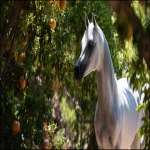Explore the Best AI Image Gallery
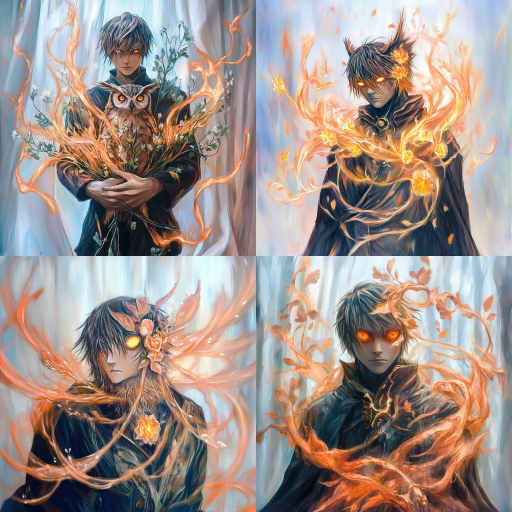
The Digital Artiste: Examining the World of AI-Generated Imagery
Artificial intelligence (AI) has instigated a revolution across various sectors, transforming the way we work, communicate, and create. Among the numerous AI-induced shifts, the creation of AI-generated images marks a significant turn in the creative industry.
Impact on the Creative Industry
AI image generation often employs algorithms that learn aesthetic rules and visual patterns from large sets of data. These 'digital artists' could impact a range of fields from marketing and advertising to film production, game design, and digital art. The technology can generate visuals faster than humans, offering a cost-effective solution in the long run.
However, the growing automation of creative tasks prompts discussions about 'authentic creativity'. Is an artificial intelligence capable of original thought or creativity in the way that a human mind is? The ongoing debate continues to divide opinion.
Potential Uses
AI-generated images offer significant utility across various domains. In fashion, AI can generate unique design patterns, while in the automobile sector, AI sketches could aid in vehicle design. The technology is equally valuable in game design, transforming conceptual sketches into lifelike 3D models.
AI-generated visuals also play a key role in deepfake technology, which fabricates hyper-realistic video content by superimposing existing images and videos onto source images or videos.
Ethical Considerations
AI-generated images are not without controversy. The potential misuse of deepfake technology raises important ethical questions. Deepfakes could be used for misinformation, fraud or creating non-consensual explicit content.
Who bears the responsibility for an AI's output? The developer, the user, or the AI? And as AI-generated images become increasingly indistinguishable from reality, how will this affect our understanding and trust in visual content?
Future Trends
Looking forward, AI-generated visuals are set to become more sophisticated. Picture AI software that can create hyper-realistic depictions of imaginary landscapes or individuals as per a user's description. Or a digital assistant capable of transforming your sketch into a polished piece of digital art. The possibilities are endless.
AI is slowly but surely marking its territory in the creative realm. And while there’s a wide array of opportunities, the ethical dilemmas associated with AI-generated images are equally important to address. The future seems to hold a mixed palette of AI's creative genius and its ethical quandaries.
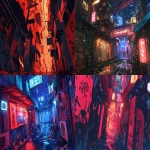

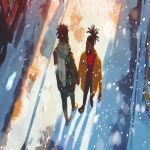
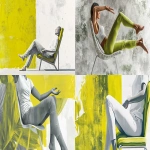
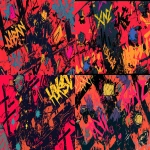
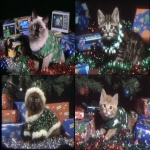
](https://images.ai-img.art/thumbnails/150/baf01e7f997f5bc030aa10831575d8b879a4a6755830df4bcd3dcc93346ef1dd.webp)
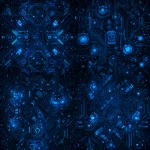
](https://images.ai-img.art/thumbnails/150/4dfe5499f7f4f9e5aa1613199c58710634f2cba5f57ac7e6717c1d56a9864e1a.webp)
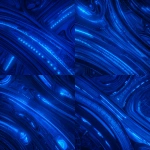
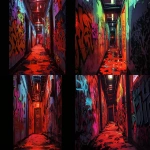
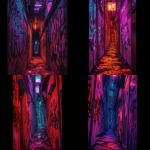
](https://images.ai-img.art/thumbnails/150/ed631f35091268316da1950d8f24949cf71c41220d75ddecc89232e1c28f3653.webp)
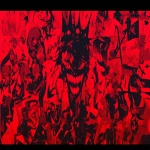
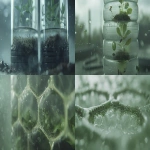
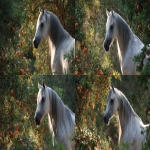
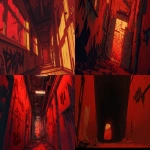
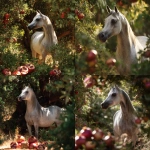
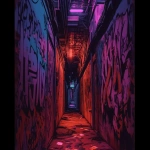
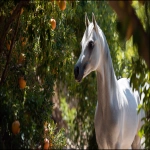
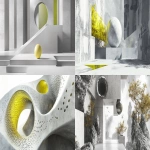
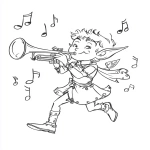
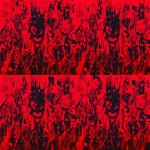
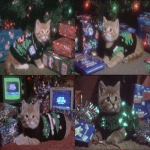
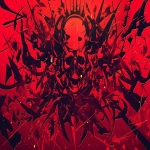
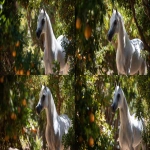

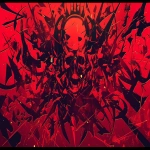
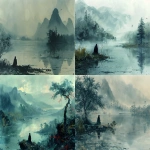
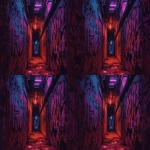

](https://images.ai-img.art/thumbnails/150/fd852e87169bf2f63982b31f7f16a8fa335d75d9536fd48c2b87c7d4b035fa7c.webp)
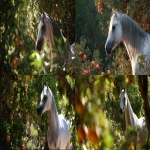
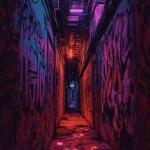

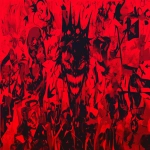
](https://images.ai-img.art/thumbnails/150/56d08b81b5991eca46f50c80b41db4e9ac06c775cbbf5138ea0734d93390316a.webp)
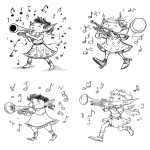
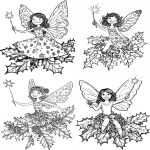
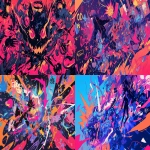
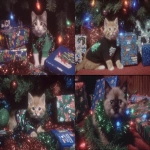
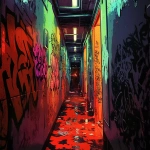
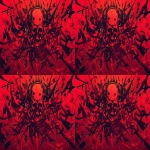
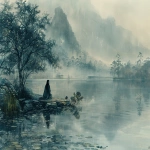
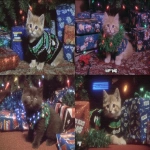
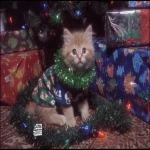
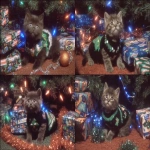
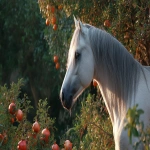
](https://images.ai-img.art/thumbnails/150/e407417f3921a9491278afc6484ec26f3ae374d4543e1a56898e8bcb1e41a0da.webp)
